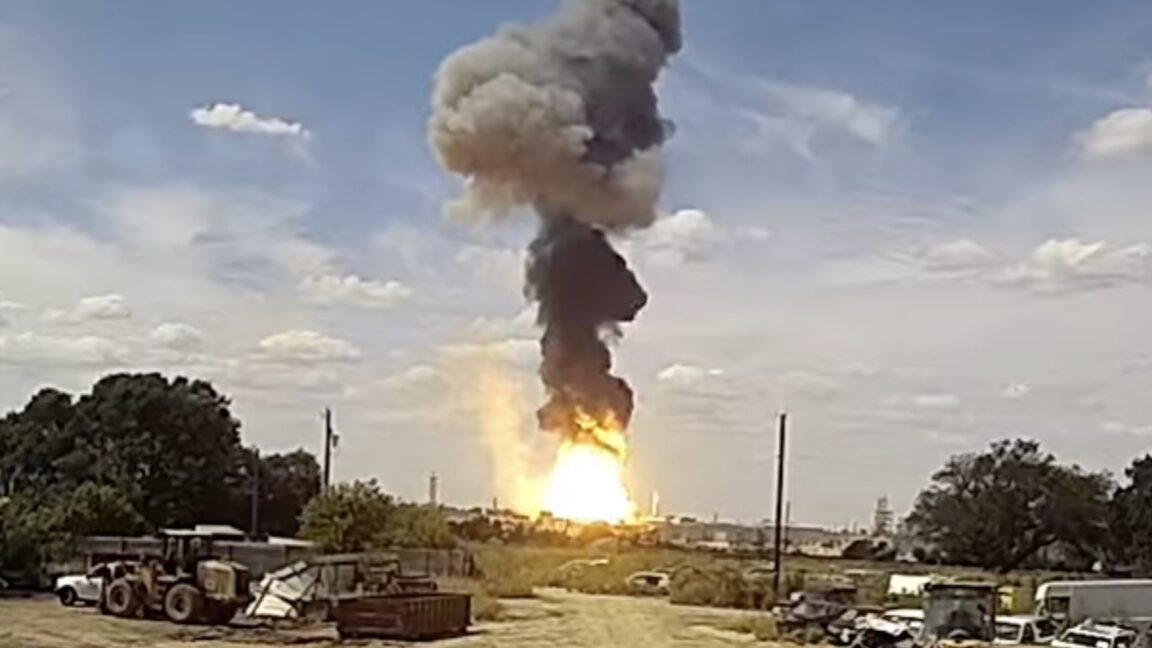Another setback for Firefly Aerospace’s beleaguered rocket program
Alpha’s track record The booster destroyed Monday was slated to fly on the seventh launch of Firefly’s Alpha rocket, an expendable, two-stage launch vehicle capable of placing a payload of a little over 2,200 pounds, or a metric ton, into low-Earth orbit. This upcoming launch was supposed to be the Alpha rocket’s return to flight…

Alpha’s track record
The booster destroyed Monday was slated to fly on the seventh launch of Firefly’s Alpha rocket, an expendable, two-stage launch vehicle capable of placing a payload of a little over 2,200 pounds, or a metric ton, into low-Earth orbit.
This upcoming launch was supposed to be the Alpha rocket’s return to flight after an in-flight failure in April, when the upper stage’s engine shut down before the rocket could reach orbit and deploy its satellite payload.
But engineers traced the cause of the failure to the first stage, which ruptured milliseconds after stage separation, sending out a blast wave that damaged the upper stage engine. Investigators concluded the most likely cause of the rupture was thermal damage from a phenomenon known as plume-induced flow separation. This occurs when a rocket plume expands at higher altitudes, creating conditions that, in some cases, can draw the hot exhaust plume farther up the vehicle.
The Alpha rocket flew a higher angle of attack on the April launch than it did on prior missions, exposing one side of the rocket to more heating from the recirculated engine exhaust plume. At stage separation, the thermal damage led to the booster’s structural failure. Firefly said it would add a thicker thermal protection barrier to the booster for future missions and reduce the angle of attack during key phases of flight.
Firefly announced last month that it received clearance from the Federal Aviation Administration to resume Alpha launches.
The rocket already had a mixed record heading into this year. Firefly has only achieved two fully successful missions in six launches of the Alpha rocket. Two missions put their payloads into off-target orbits, and two Alpha launches—the rocket’s debut in 2021 and the flight in April—failed to reach orbit at all.
